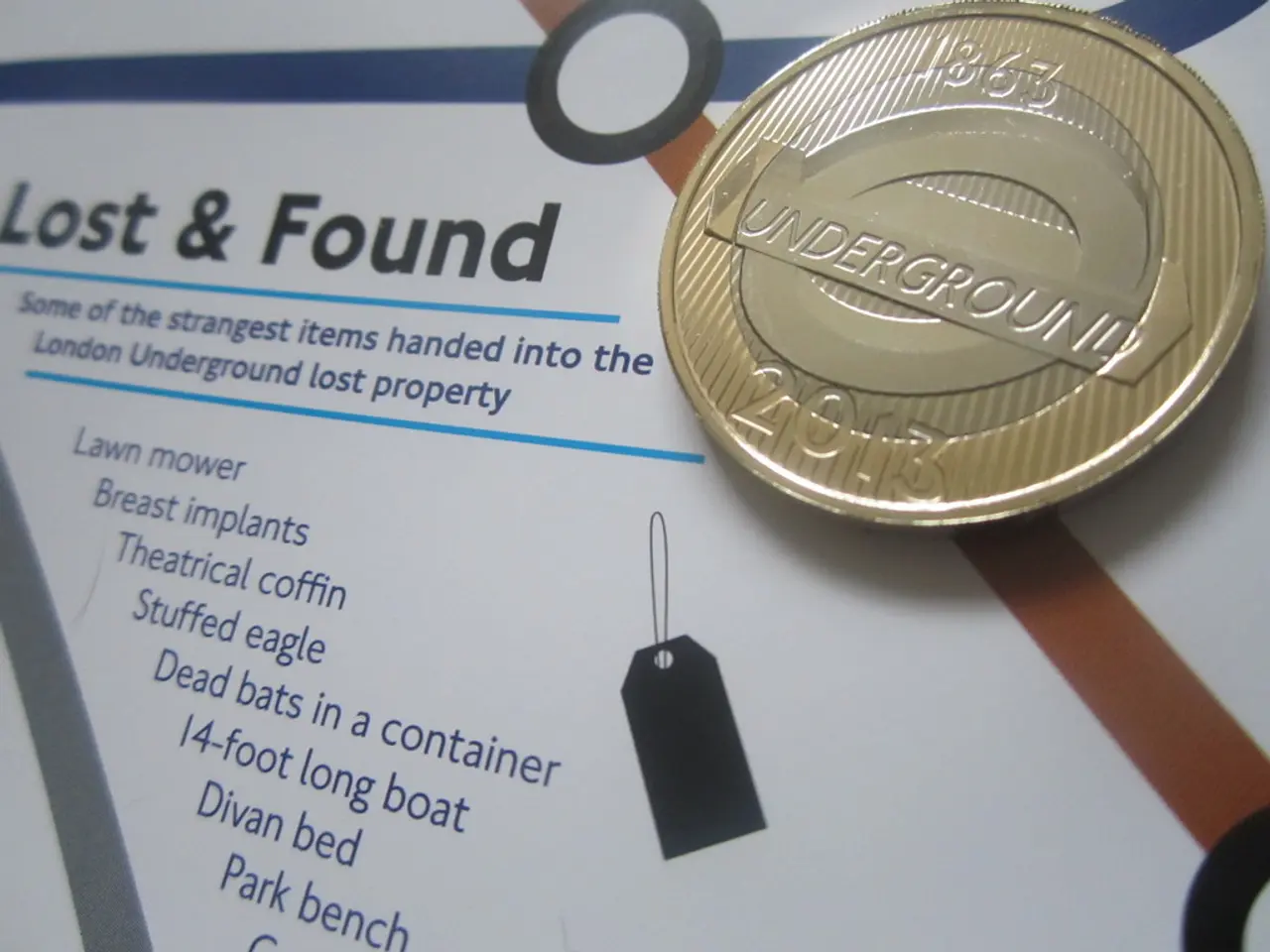Global Leadership Shift: Putin Argues for Primacy of Emerging Markets Over Outdated Globalisation
At the recent BRICS summit held in Rio, leaders of the influential group reaffirmed their commitment to a new economic paradigm, emphasising greater economic sovereignty and reduced dependence on Western-led financial systems. The BRICS group, which comprises Brazil, Russia, India, China, and South Africa, along with Egypt, Ethiopia, Indonesia, Iran, and the United Arab Emirates, represents the growing economic power of major emerging markets.
Russian President Vladimir Putin, addressing his counterparts via video link due to an arrest warrant from the International Criminal Court, asserted that the era of liberal globalization is becoming obsolete. He argued that the future economic growth and business activity are shifting towards emerging markets, including BRICS countries. Putin advocated for these nations to enhance the use of their national currencies for trade, moving away from reliance on dominant global currencies.
Putin's speech underscored a collective concern among BRICS leaders about the effects of protectionist policies, such as the "indiscriminate" tariffs imposed by the U.S., which they believe risk harming the global economy. The BRICS summit issued a statement voicing serious concerns about these unilateral trade measures, viewing them as distorting trade and inconsistent with WTO rules.
In a move towards closer cooperation, Putin urged BRICS countries to increase cooperation in various sectors such as natural resources, logistics, trade, and finance. He suggested that the future belongs to swiftly growing emerging markets and advocated for the creation of an independent settlement and depository system within BRICS to enable faster, more efficient, and more secure currency transactions.
The BRICS leaders' stance reflects a transition from a unipolar world order, favouring the "golden billion" in developed economies, to a more just multipolar world order. Putin emphasised that fundamental changes are taking place in the global economic order and that BRICS countries should leverage their growing economic weight in areas such as natural resources, logistics, trade, and finance.
In summary, BRICS leaders are moving towards a new economic paradigm focused on greater economic sovereignty, reduced dependence on Western-led financial systems, and enhanced intra-BRICS cooperation based on national currencies and mutual trade agreements. This shift represents a significant development in the global economic landscape, signalling a potential rebalancing of power and trade dynamics.
[1] BRICS Leaders' Joint Statement, 2025 BRICS Summit, Rio de Janeiro. [2] Putin's Address to BRICS Leaders, 2025 BRICS Summit, Rio de Janeiro. [3] BRICS Summit Statement on Trade, 2025 BRICS Summit, Rio de Janeiro.
- Recognizing the potential of emerging markets, Putin proposed that BRICS nations should strengthen their financial ties, suggesting the establishment of an independent settlement and depository system for faster, more efficient, and secure currency transactions, such as using gold reserves as a backbone for their new financial system.
- As the global economy evolves, BRICS countries are actively seeking to expand their influence in business and finance, with Russia's President Putin advocating for increased trade using national currencies instead of relying on dominant global currencies, aiming to accumulate more gold reserves and ensure the financial independence of their respective countries.




